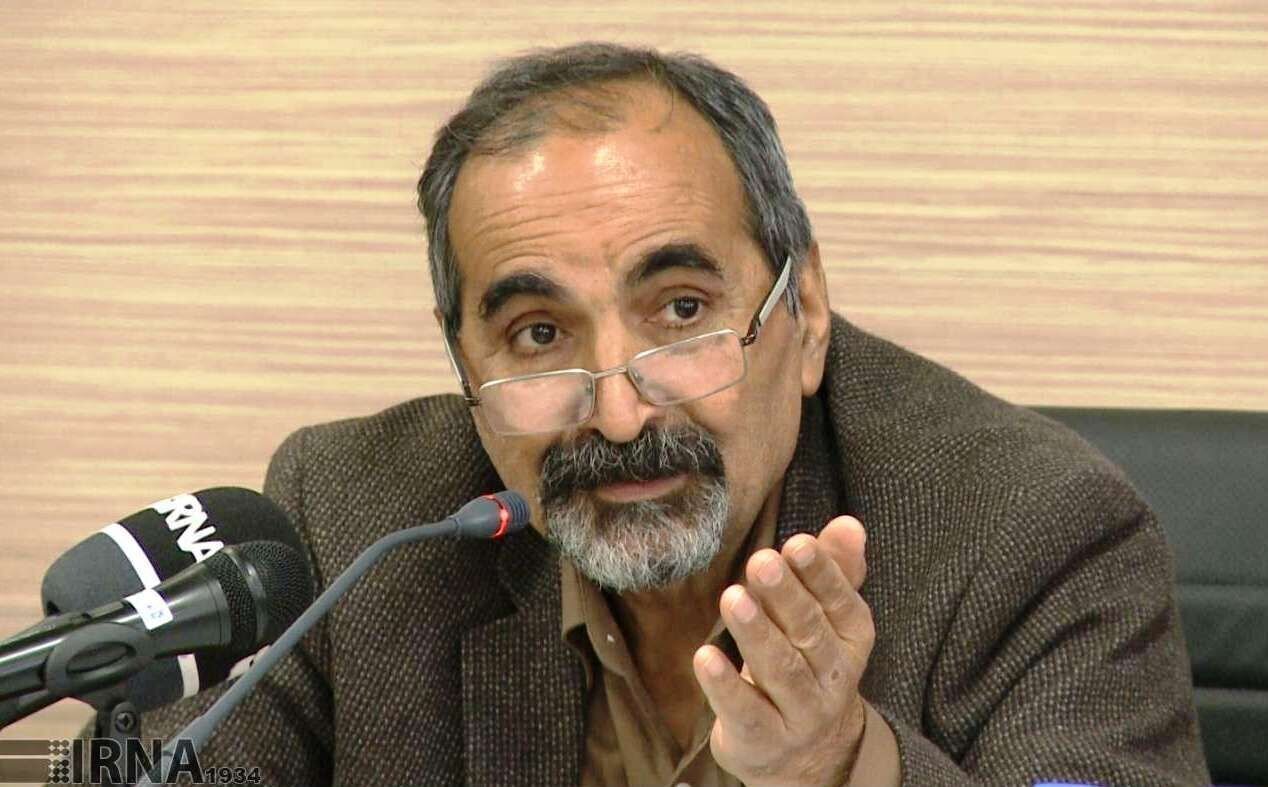
Similar Posts

Unlocking the Power of Data: Why It’s the New Oil of the Digital Age
Data is often compared to oil, highlighting its significant value and influence in modern society. Like crude oil, which requires refinement to become useful, raw data holds little value until organized and analyzed. This processed data drives innovation across various sectors, including healthcare, finance, education, entertainment, and urban planning, by enhancing decision-making and personalizing experiences. However, the increasing reliance on data raises concerns about privacy, ownership, and access disparities. Despite these challenges, data’s renewable nature offers transformative potential, emphasizing the need for responsible usage that balances innovation with ethical considerations to benefit society as a whole.
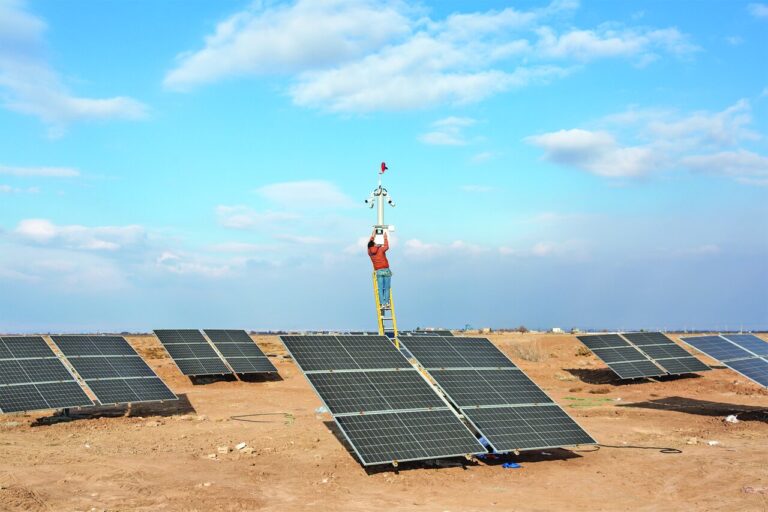
Empowering a Sustainable Future: The Impact of Clean Energy on Our Planet
In Neyshabur, Iran, households are adopting solar power to reduce greenhouse gas emissions and promote sustainability, aligning with the upcoming Earth Day theme, “Our Power, Our Planet,” which calls for global support for renewable energy. This shift to solar energy decreases carbon footprints, lowers energy costs, enhances energy independence, and creates jobs. The benefits extend to improved air quality and community engagement, showcasing the importance of localized renewable energy solutions. As Earth Day approaches, Neyshabur’s initiative serves as an example for others, highlighting the collective responsibility to embrace sustainable practices for a healthier planet and a greener future.
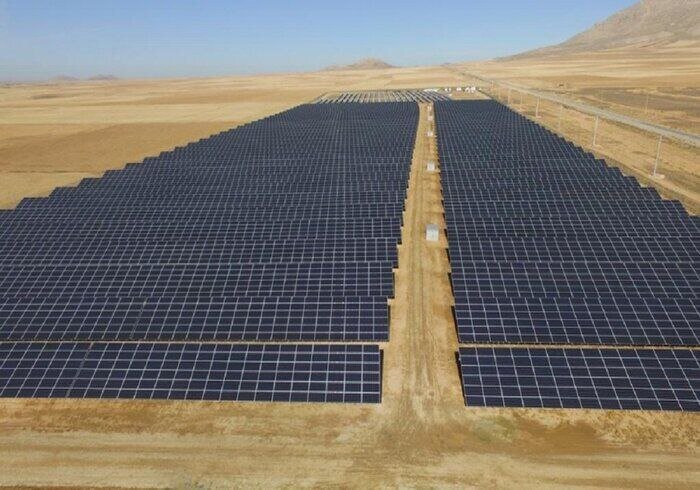
Majlis Grants Membership to International Solar Energy Society: A Step Towards Sustainable Energy Innovation!
The Iranian parliament has approved the country’s membership in the International Solar Energy Society (ISES), marking a significant commitment to renewable energy and solar power. Founded in 1954, ISES promotes solar energy globally, with members from over 110 countries. Iran plans to boost its solar capacity by 4,000 megawatts by March 2026, increasing its current capacity of 1,200 megawatts significantly. Energy Minister Abbas Ali-Abadi emphasized collaboration with the private sector to create an attractive investment environment. This expansion aligns with Iran’s strategy to develop its renewable energy sector and reduce fossil fuel reliance, signaling a shift toward sustainable energy.
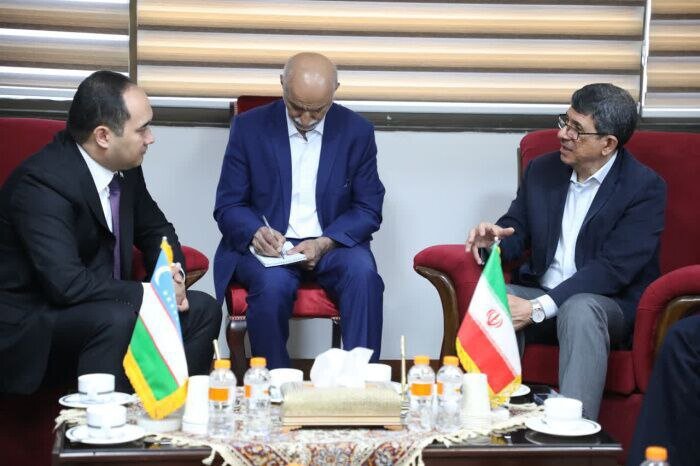
Tashkent and Tehran Forge Stronger Sci-Tech Partnership for Future Innovation
Uzbekistan’s first Deputy Minister of Higher Education, Daliv Shahrukh Khozhakbarovich, has called for collaboration with Iranian universities to enhance technology and innovation in Uzbekistan. During a meeting with Farhad Yazdandoost of Iran’s Ministry of Science, they discussed potential partnerships in expertise sharing, joint funding, and student exchanges. Yazdandoost highlighted Iran’s scientific progress and its goal to attract 300,000 foreign students. Future cooperation may involve joint research projects and academic mobility. Both officials emphasized leveraging each country’s strengths to foster educational and technological advancements, aiming for a fruitful partnership that benefits both nations’ ecosystems.
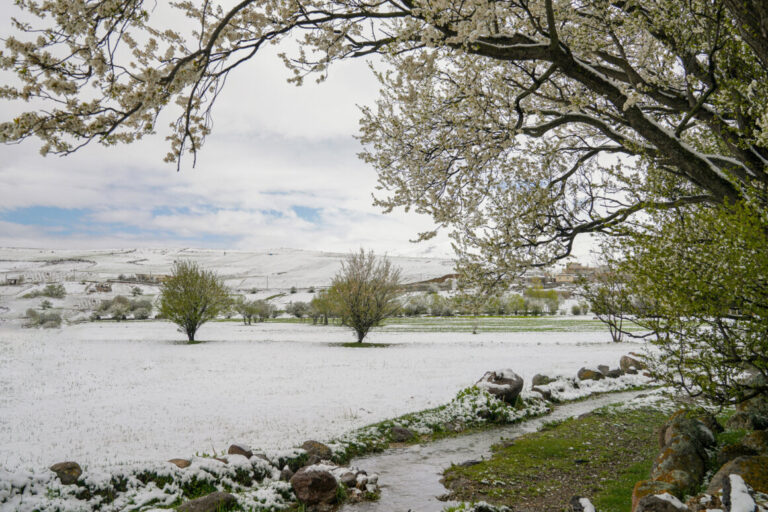
April Surprise: Winter Makes a Stunning Comeback in Ardabil!
Recent April snowfall in Ardabil province, northwest Iran, has created a winter wonderland, affecting both mountainous and low-lying areas. While such weather is not entirely unusual for the region, the notable accumulation has sparked discussions about climate variability and its impact on local ecosystems. Residents have mixed feelings; some enjoy the scenic views, while others worry about agricultural effects. The snow has also attracted tourists, highlighting the area’s natural beauty. However, challenges like crop management, wildlife adaptations, and potential infrastructure disruptions are emerging concerns, emphasizing the need for community resilience amidst changing weather patterns.
